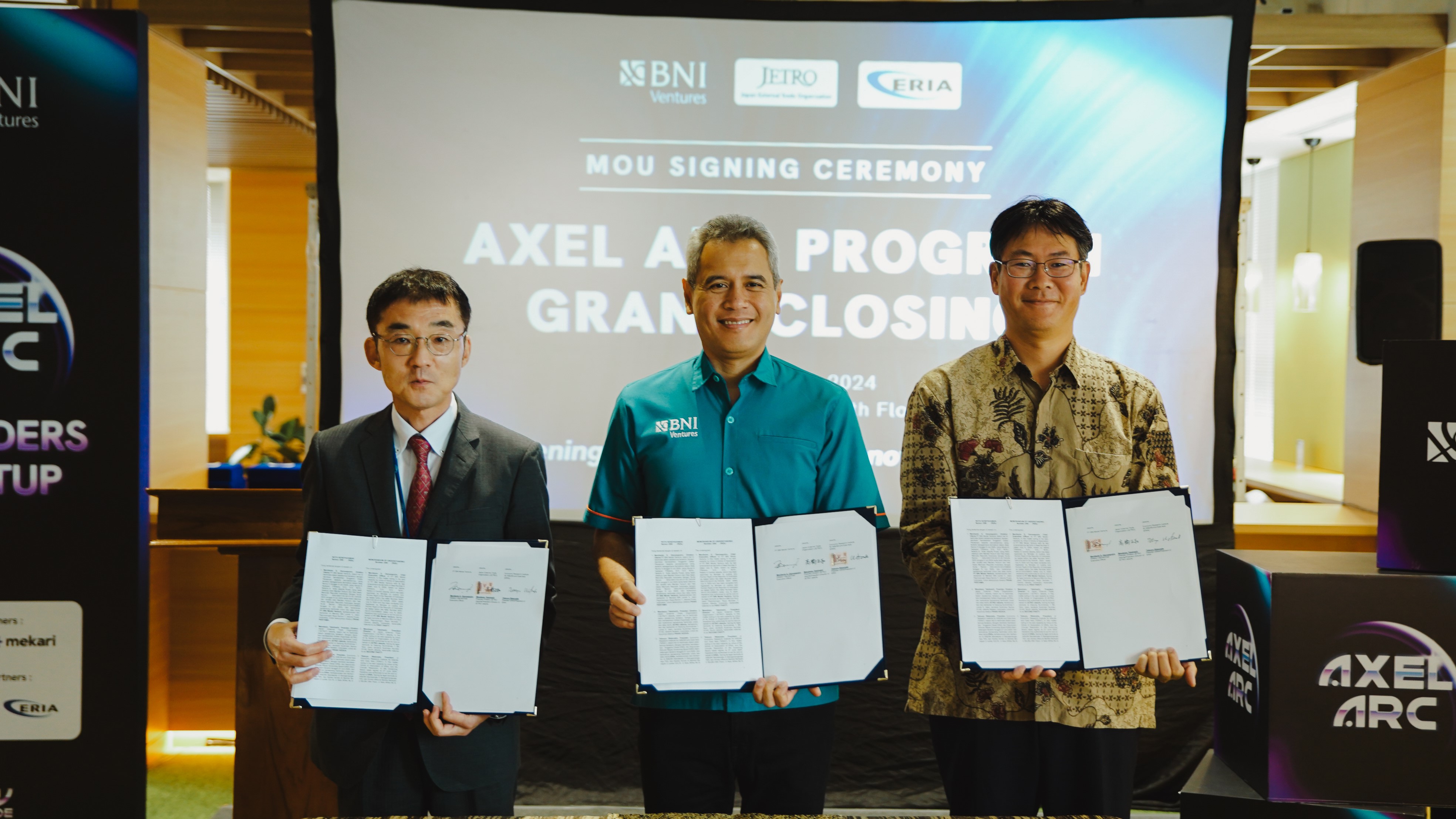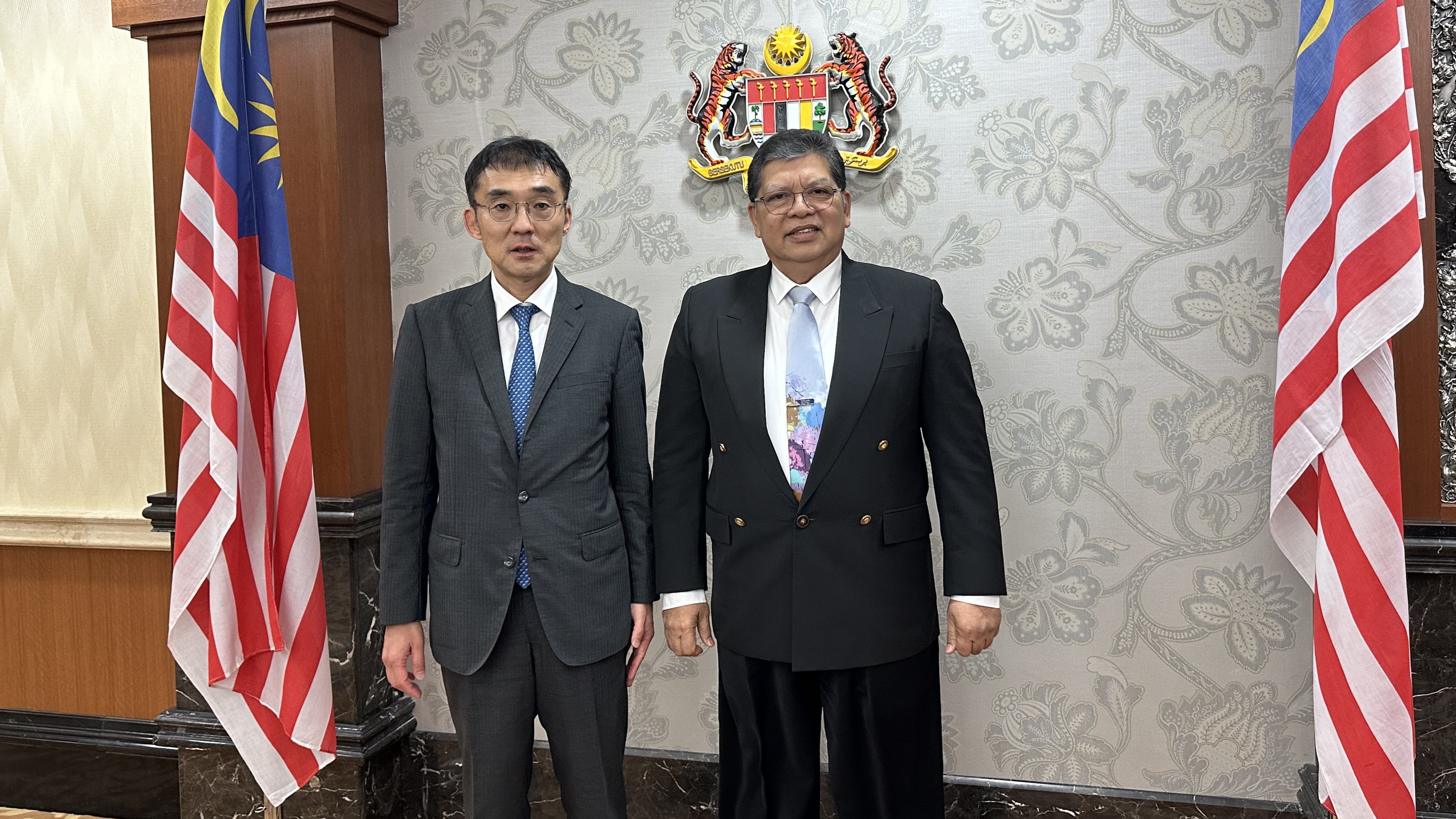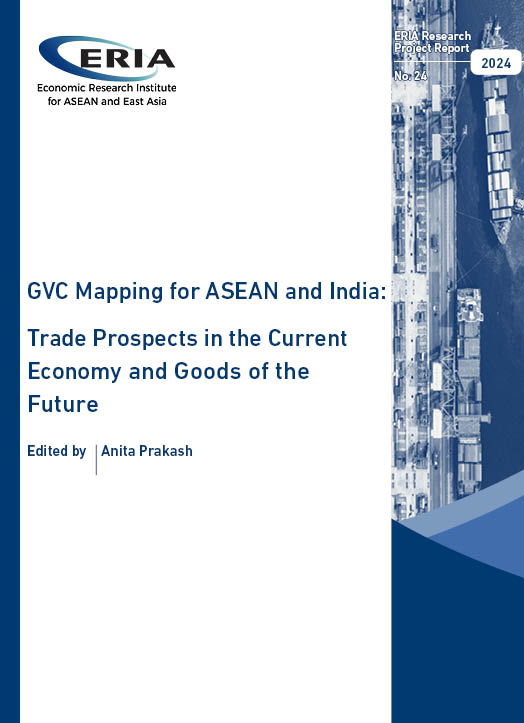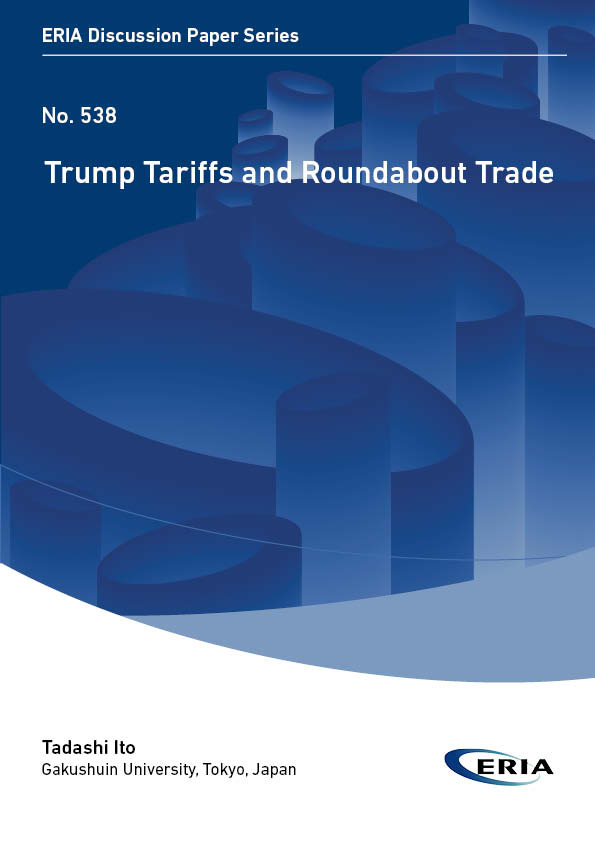ERIA Hosts FGD on Indonesia's Local Content Requirements and Future Industrial Policy
Share Article:
Print Article:
Jakarta, 28 October 2024: ERIA conducted a virtual focus group discussion (FGD) on Indonesia’s local content requirements (LCRs), opened and led by ERIA Senior Economist Dr Lili Yan Ing. The session brought together prominent economists and industry experts to discuss LCRs’ role in shaping Indonesia’s trade dynamics, productivity, and competitiveness within Southeast Asia.
Dr Yessi Vadila, Trade Specialist at ERIA, shared findings from her collaborative study with David Christian, Research Associate at ERIA. Their research revealed that LCR policies are weakly but positively correlated with Indonesia’s import patterns. However, LCRs have not spurred significant export growth; instead, they frequently lead to increased export volumes but at reduced export values, especially in downstream and high-tech products, signalling a potential drop in competitiveness. Dr Vadila noted that LCRs tend to divert resources from export-oriented activities to meeting local demand, emphasising that careful consideration of policy trade-offs is necessary to avoid adverse effects on Indonesia’s trade objectives.
Dr Jahen Fachrul Rezki of the University of Indonesia’s Institute for Economic and Social Research (LPEM) presented findings from a joint study by ERIA, LPEM, and the Investment Coordinating Board (BKPM) on mineral downstream policies. The findings indicate that firms exposed to these policies often experience reduced production, value added, and profitability. At a regional level, resource-rich districts have seen increases in the manufacturing sector’s gross regional domestic product yet have simultaneously faced higher unemployment. Productivity gains were observed in sectors such as nickel, chromium, and gold, though results varied, with minimal benefits for other commodities, including silver. Dr Rezki emphasised that to enhance added value and maximise benefits, Indonesia’s downstream sector requires further policy support, including in skill development and technology adoption.
Expanding on the discussion, Dandy Rafitrandi of the Centre for Strategic and International Studies (CSIS) revealed the broader industrial impact of LCR policies and noted their negative correlation with productivity, imports, and exports. He described LCRs as tools that balance economic goals with political priorities but cautioned that they may hinder industrial growth by reducing productivity and trade potential. Rafitrandi underscored the importance of environmental considerations, particularly emissions tracking, and emphasised the geopolitical implications of Indonesia’s critical minerals policy, especially regarding nickel exports.
Dr Junianto James Losari from the City University of Hong Kong provided an international perspective by analysing Indonesia’s LCR policy in light of global trade standards. He pointed out potential compliance challenges, especially in telecommunications and renewable energy, where LCR policies might discourage foreign investment and conflict with provisions of the General Agreement on Tariffs and Trade (GATT) Article III. While LCRs are central to Indonesia’s economic agenda, they could run counter to the principle of national treatment under international trade norms.
Dr Michelle Engel Limenta from Pelita Harapan University (UPH) discussed LCRs’ alignment with Indonesia’s industrial priorities, especially in renewable energy. She noted that while Indonesia’s export bans are expected to continue, there might be flexibility for imports of renewable energy products such as solar panels through specific trade agreements.
A lively discussion on Indonesia’s industrial policy ensued, as policymakers and researchers explored balancing economic goals with the trade-offs of LCRs. Addressing an open question from Dr Lili Yan Ing regarding export bans and World Trade Organization implications, Dr Limenta noted that slow dispute resolutions could prompt unilateral measures by entities such as the European Union to safeguard their interests. She added that Indonesia’s Comprehensive Economic Partnership Agreement with the EU could encounter challenges amidst evolving trade policies.
In the closing remarks, the FGD participants expressed their interest in further collaborations. LPEM, CSIS, and UPH voiced support for joint events and research initiatives focused on industrial policy. These collaborations aim to deepen analysis on LCR complexities and develop data-driven policy recommendations.
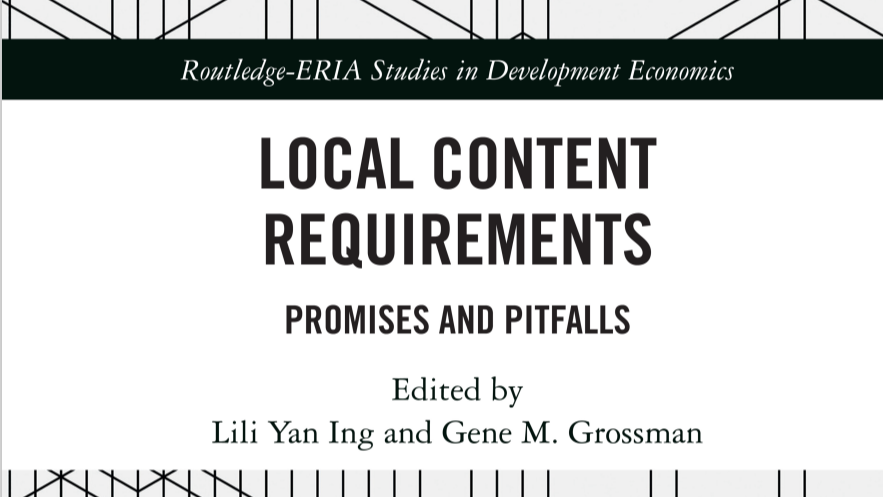
.png)
.jpg)



